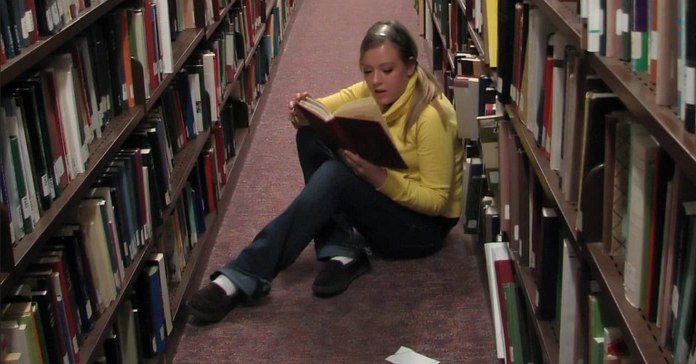
Hey there, fellow ’80s and ’90s kids! Want to take a trip down memory lane and revisit the awesome books that shaped your academic years? Maybe you’re itching to dive back into those epic stories that spoke to your angsty teenage soul. Well, you’re in luck! We’ve put together a list of the absolute best books you couldn’t put down in high school – the ones that made you feel like the coolest person on the planet. These books were the ultimate reads of your youth, and let’s face it, they might just be the last books you actually read.
Now, some of you may have been total bookworms, while others may have rebelled against the system by avoiding homework like the plague. But fear not, because everyone can still appreciate the incredible variety and richness found in these popular texts.
When we were teenagers, our teachers, parents, and the whole education system were trying to shape our impressionable minds. But guess what? The reading curriculum they gave us was surprisingly rebellious and mind-blowing. We encountered tales of self-discovery, dystopian worlds, individualism, and even revolution in classics like Animal Farm, The Perks of Being a Wallflower, and The Outsiders, just to name a few. These timeless pieces can be revisited and reevaluated at any point in your life, and we’re so lucky to have been introduced to the brilliant (and sometimes controversial) authors behind them.
So, let’s get right to it! Here’s a list of some of the most mind-blowing books (and plays) that you absolutely need to know about. And don’t worry if you can’t recall any of these titles off the top of your head – we’ll provide a quick refresher to jog your memory. And if that fails, you can always turn to Spark Notes and see if they offer a return policy.
Oh, and by the way, we can’t wrap this up without mentioning “The Catcher in the Rye.” It’s a bit of a love-it-or-hate-it book, but hey, that’s part of what makes it so interesting!
1. To Kill a Mockingbird
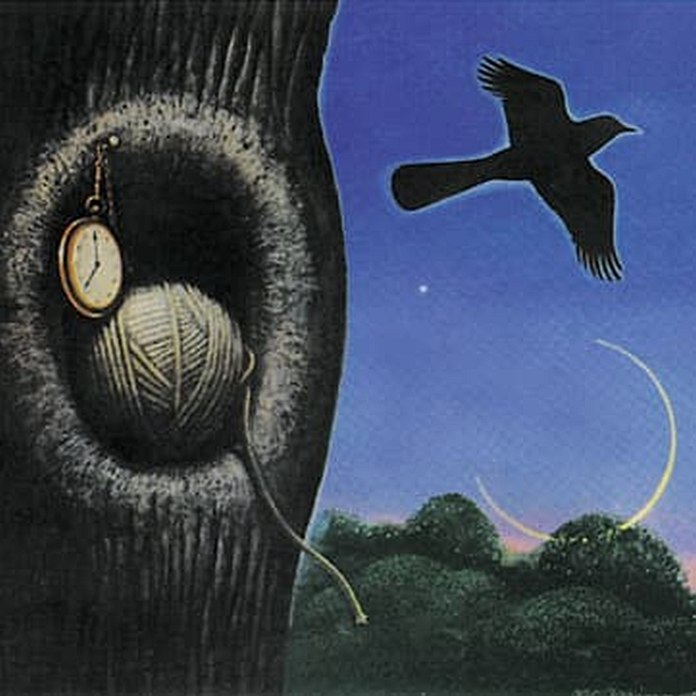
When you first encountered Boo Radley, he might have given you the heebie-jeebies. You probably wanted to join Scout in her adventures, and secretly wished that Atticus Finch could be your dad. But amidst these memorable characters, a powerful tale of injustice in 1930s Alabama unfolded, teaching you a lesson about the dangers of making false judgments and the importance of true character. And that’s a lesson you’ll never forget.
2. The Adventures of Tom Sawyer / Huckleberry Finn

Tom and Huck, those two troublemakers, went on some crazy adventures that most of us didn’t have the chance to experience when we were young. They were always up to something sneaky and mischievous, breaking all sorts of rules along the way. It’s no wonder we were so captivated by them! What made it even more exciting was their sense of freedom and their fearless spirit of going on uninhibited escapades.
This book, written in Vernacular English, can be quite controversial when it comes to education. It may not always follow the strict rules of grammar, but it sure does give us a glimpse into the past with its historical accuracy. Despite the debates, it’s still considered an important part of the curriculum.
3. The Harry Potter Series

Can you believe it? This series doesn’t even need a description! I mean, seriously?! Thanks to our beloved Harry, anyone sporting a scar on their forehead or rocking round-framed glasses is forever subjected to jokes about Hogwarts, Voldemort, and those creepy Dementors. But let’s be real, this series is so much more than that.
It’s incredibly well-balanced, allowing readers to connect with Harry on a deep (and sometimes angsty) level. And let’s not forget about the enchanting world of magic and wizards that J.K. Rowling has created. It’s absolutely captivating! Plus, the characters are so memorable, they practically jump off the pages.
In a nutshell, this series is an absolute page-turner and one of the most unforgettable reads of our time.
4. Alice in Wonderland
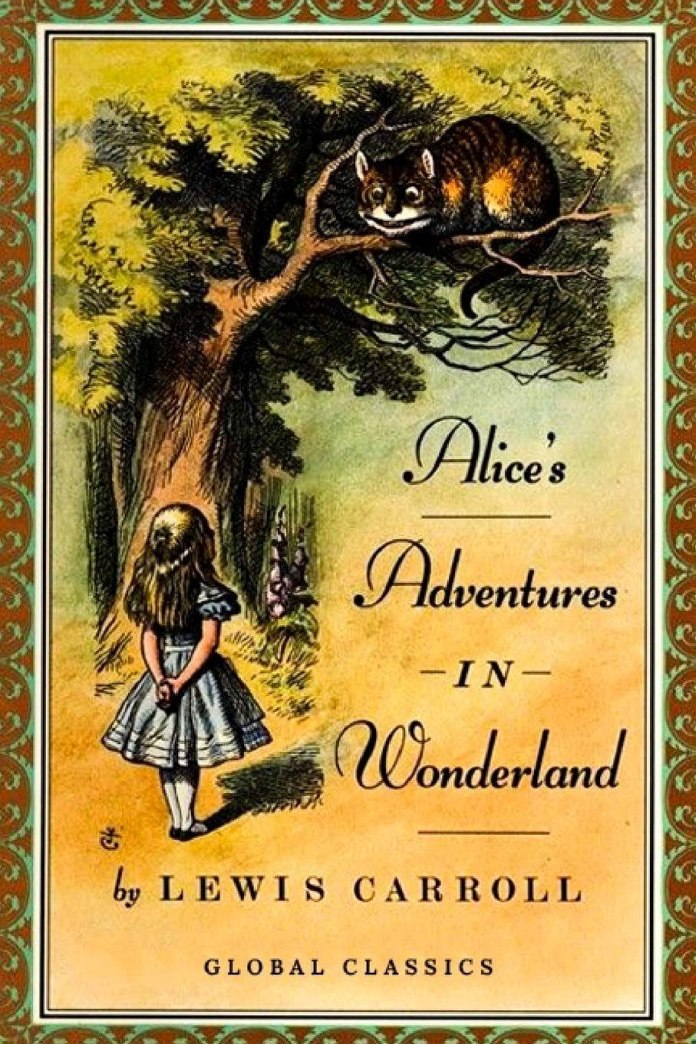
Don’t let Disney’s cartoon (or the Tim Burton version) steal the spotlight from the book. Seriously, if you haven’t read it yet, you totally should! Alice is super smart and curious, and the characters like the White Rabbit, Tweedle-Dee / Tweedle-Dum, The Cheshire Cat, and The Red Queen are all hilarious and clever. Their conversations are full of riddles and cool wordplay. Plus, the book has this trippy and fantastical vibe that’s just mind-blowing. And it doesn’t shy away from some deep and dark thoughts either.
5. The Hobbit
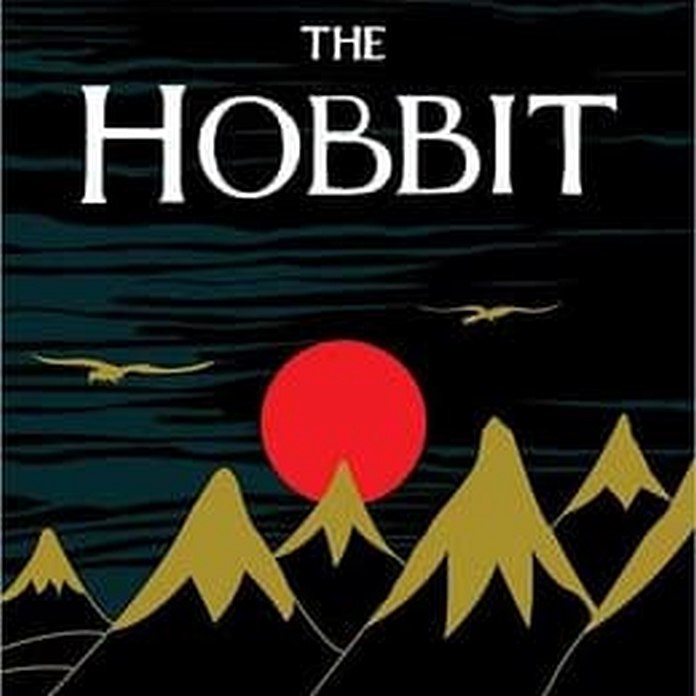
Who could ever forget the unforgettable characters of Bilbo Baggins and Gandalf? And let’s not forget the precious Smeagol, better known as Gollum. In this incredible tale, Tolkien takes us on a breathtaking adventure with Bilbo, where he encounters new and fantastical creatures at every turn – from Spiders to wood-Elves and Goblins, it’s a never-ending thrill ride!
But the real climax of the story is the epic “Battle of Five Armies.” It’s an all-out war that brings together different factions in a monumental clash. Interestingly enough, Bilbo manages to sleep through most of it! This just goes to show that Tolkien had a great sense of humor, alongside his awe-inspiring imagination.
6. The Outsiders
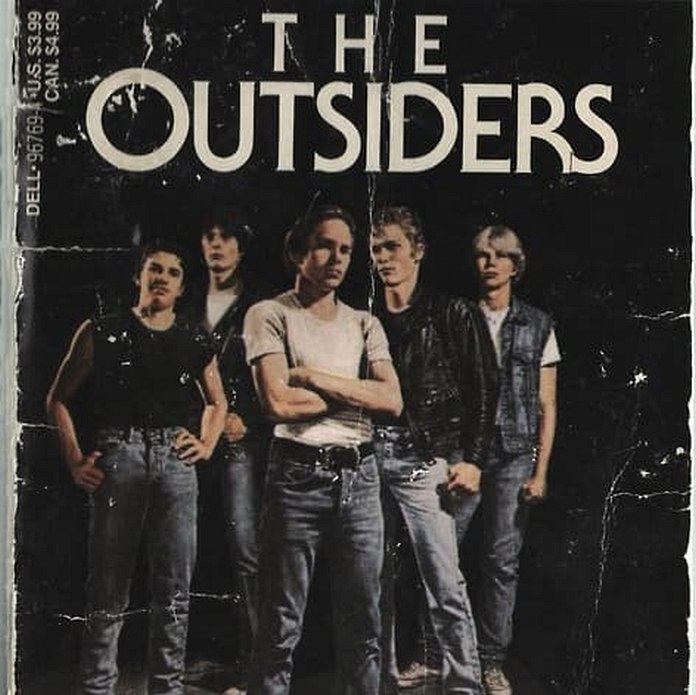
Whether you’re a Ponyboy or a Johnny, this coming-of-age novel captured your attention not because you could necessarily relate, but because you genuinely wanted to be able to relate. I mean, let’s be real here, hiding out in a warehouse and reading Robert Frost while being on the run for murder just sounds way more thrilling than doodling in the margins of your Algebra 2 book. It’s all about that sense of adventure, you know? So, stay gold, Ponyboy!
7. Romeo and Juliet
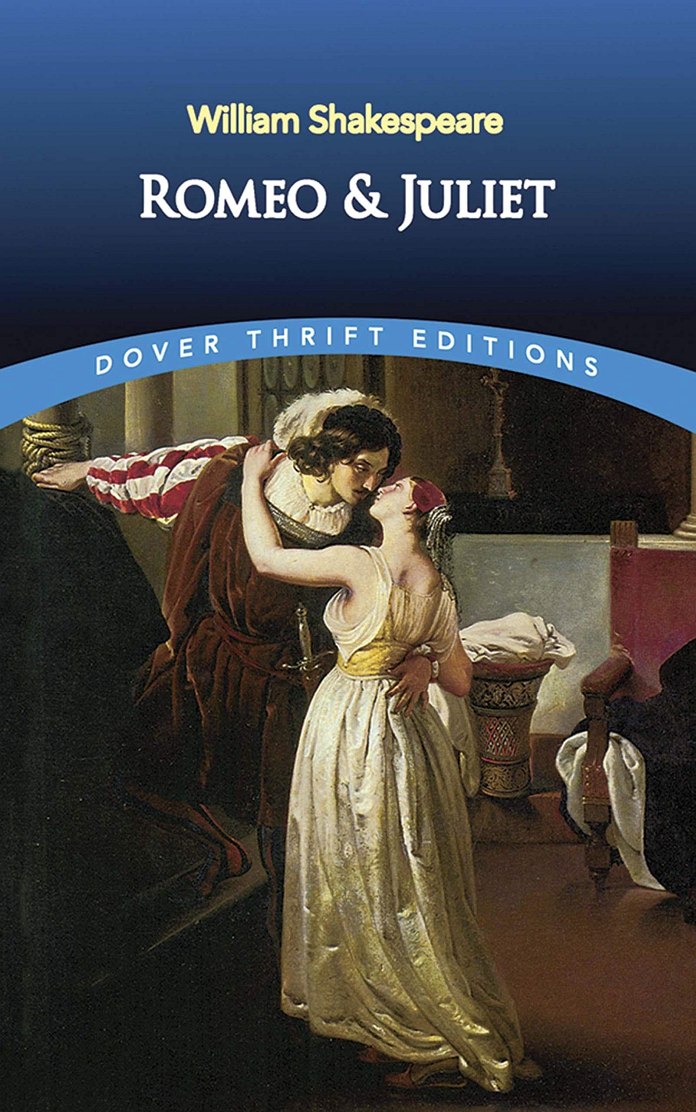
Let’s talk about the tale of the “ancient grudge” that caused a disastrous and ultimately suicidal “new mutiny.” It all started with Shakespeare, and then came Baz Luhrmann along with the talented duo of Leonardo DiCaprio and Claire Danes. And let’s not forget that incredible soundtrack that accompanied their story.
These lovers, destined to be together despite all odds, did more than just tug at our heartstrings and give us unrealistic ideas about love. They also taught us a valuable lesson about the power of ancient grudges. In fact, they probably made us resent our parents even more at the time.
8. Nineteen Eighty-Four
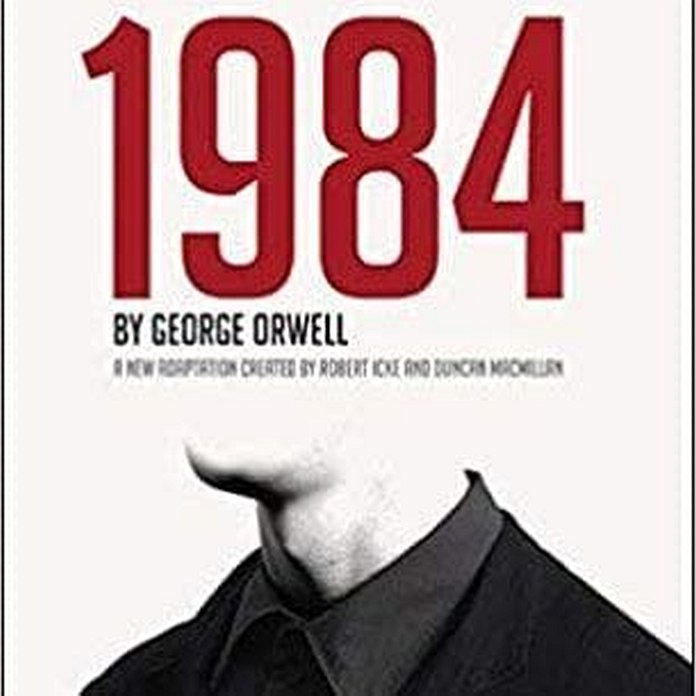
Adolescence is a period when it’s easy to feel like everyone is against us. Orwell’s depiction of a futuristic, totalitarian government only adds to that sentiment. But this novel goes beyond our distrust of the government; it reveals the serious consequences of violated privacy and human rights. It’s almost ironic that such a thought-provoking book might have been banned from high school reading lists.
9. The Giver
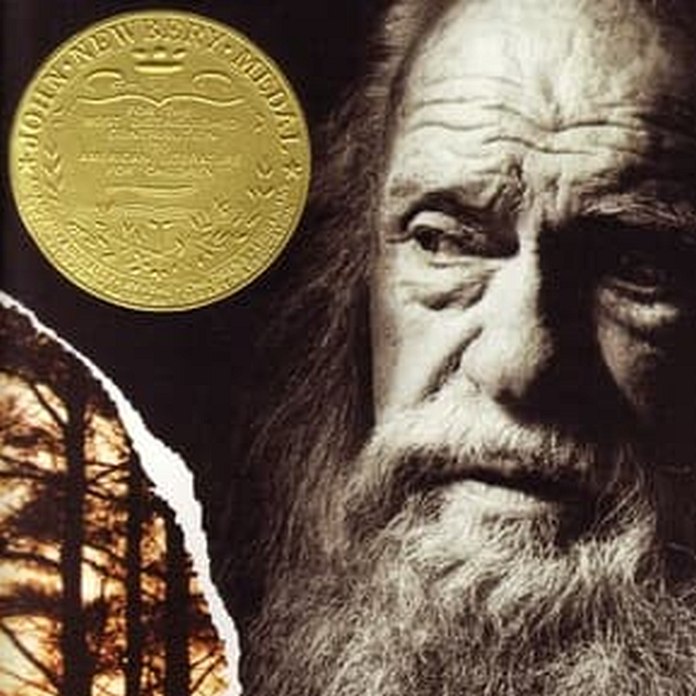
Here’s another classic tale that shows how even the best utopias can turn sour. You might think getting bullied in middle school is nothing compared to what Jonas, known as ‘The Receiver’ or ‘The Giver,’ had to go through. This book really makes you think about the value of truth and memory, and it also questions the ideals of a society that tries to control everything.
10. Animal Farm
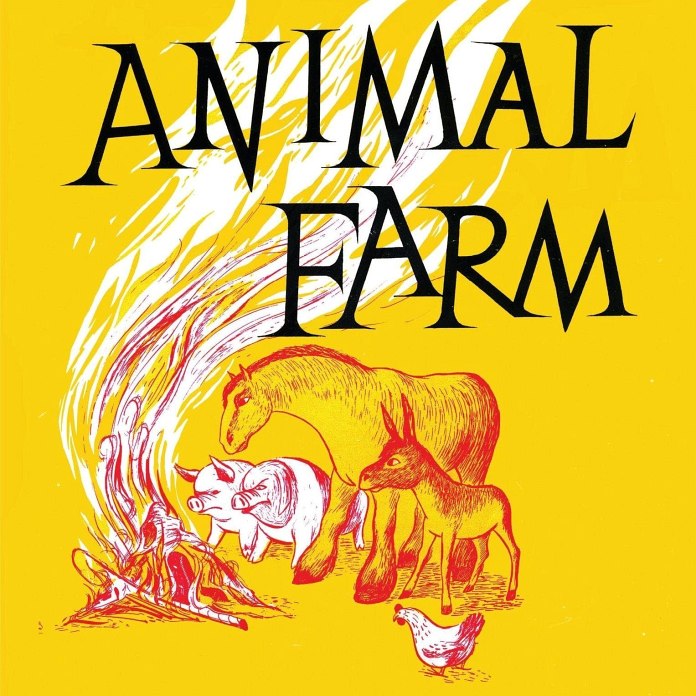
Napoleon, the character in question, trains a group of secret police dogs to force out Snowball. To make matters worse, he shamelessly claims credit for Snowball’s ideas and innovations. Additionally, Napoleon resorts to manipulating innocent animals into giving false testimonials to support his selfish agenda. It’s clear that he takes undue credit for the collective achievements of the animal community. In short, Napoleon’s actions reveal him to be nothing more than a cowardly and unpleasant individual.
Reflecting on this Russian allegory, it becomes increasingly difficult to determine what is more unsettling: the harsh reality depicted or the very concept of an “Animal Farm” itself.
11. Hamlet
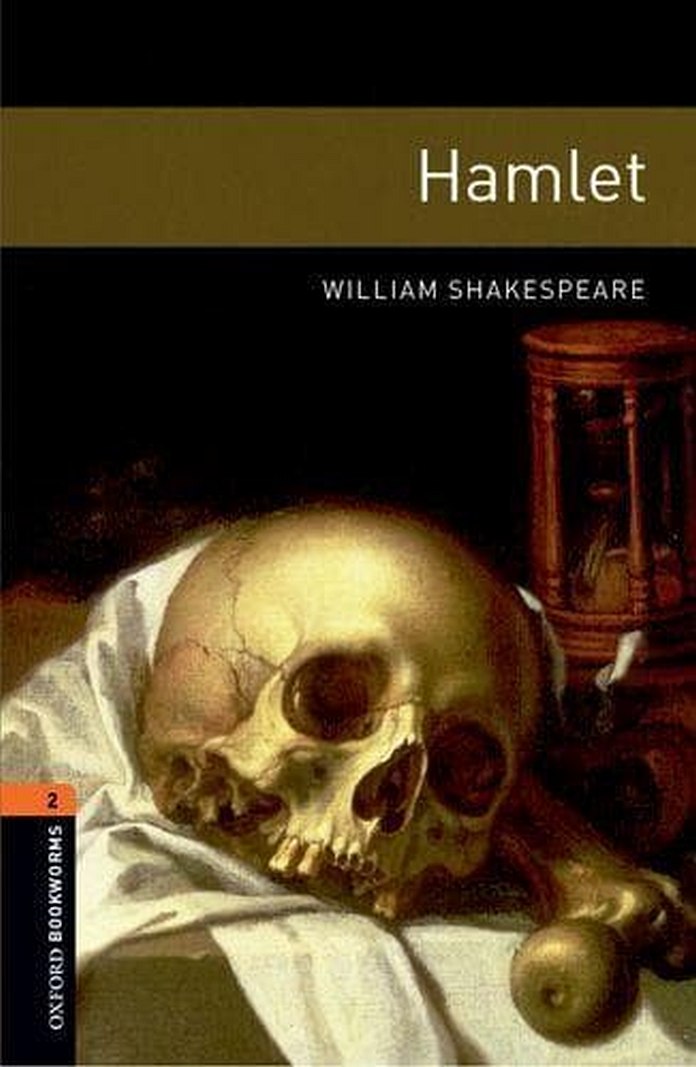
If your uncle killed your father and married your mother, then labeled you as insane, you would most likely be extremely angry. It might even drive you to madness. In Shakespeare’s famous and perhaps greatest play, he explores the complexities and boundaries of the human mind.
And even if you don’t recall all the details, chances are you remember the iconic line, “To be or not to be, that is the question” (3.1).
